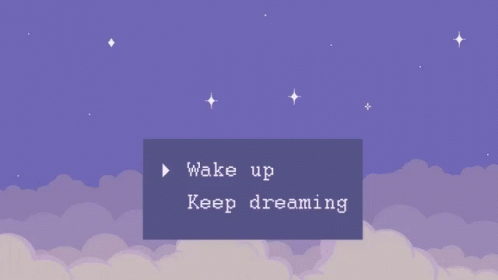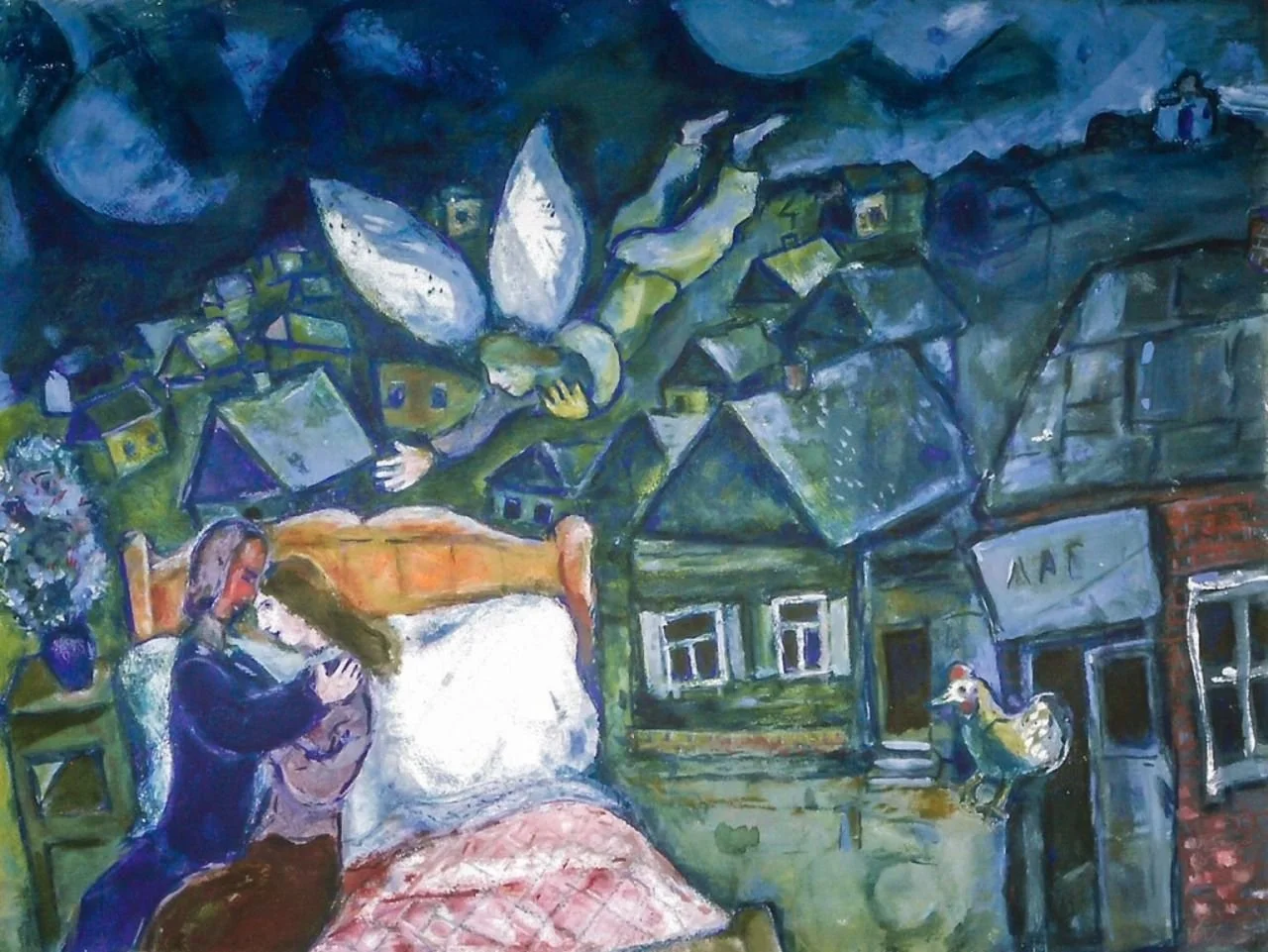Dream journals: a source of inspiration
Dreams are the most fascinating and enigmatic aspect of sleep.
For centuries, people have pondered the meaning of dreams, but it wasn’t until Freud and Jung put forth some of the most widely-known modern theories of dreaming that we all started to pay *real* attention to it.
Since then, numerous theories have been formulated in an attempt to illuminate the mystery, but, until now, tangible evidence remains largely elusive.
That’s part of the beauty of it, I would say!
But theories apart, one thing’s for sure: dreams are an inexhaustible source of inspiration that deserves our attention - and that’s what we’re going to focus on today!
Turning the depths of the human psyche into art
From explosions of color to fantastical creatures and landscapes, dreams have always given rise to the most enigmatic (and even bizarre) works of art. Dreams have fueled numerous prominent artists, such as Paul Delvaux, Max Ernst, and Salvador Dalí, and they keep inspiring promising emerging creators like Julie Lagier or Nam Das.
Even Christopher Nolan said he wrote the first draft of "Inception" after a lucid dream!
It's crystal clear: dreams can be a terrific factory of ideas, bringing new motifs, symbols, and fresh life to our creative work.
In the world of dreams, the basic structures organizing waking consciousness no longer apply. Time is no longer linear. The sense of self and others is more fluid. Nonsensical narratives and forms emerge.
It is an exceptional, scary, and captivating wild wild land.
And the most fascinating thing about dreams and their interpretations? They're all unique to each of us. The visions, feelings, and concepts that appear in our dreams are a complex expression of our singular minds.
So why shouldn't we take advantage of such singularity and use it as a source of inspiration?
Artwork: Salvador Dali
Dream Journals: a powerful tool
Alright, alright. So there's plenty of evidence that remembering our dreams can boost creativity and make us more inventive.
However, a crucial part of sustaining these hints of creativity past the morning after is to record them in some way...
Dreams are fleeting and catching the feelings, images, and concepts they provide us isn't exactly easy. How many times have you forgotten your dream as soon as you got up? Exactly. J. Allan Hobson, who studied dreaming for decades, concluded that about 80 to 95% of dreams are forgotten. So you see... We can definitely use the help of a dream journal!
Science suggests that the best time to try to recall dreams is in the first 90 seconds after waking up. So before coffee and anything else, grab your notebook (I would avoid using the phone, but w-h-a-t-e-v-e-r) and capture the power of your subconscious mind.
Artwork: Marc Chagall
But how can we keep a dream journal?
A dream journal is basically a record of experiences you dream about in your sleep. Although there is no right way to keep one, these tips will surely help you make the most of it:
Keep your dream journal as close to your bed as possible so you can quickly start writing in it when you first wake up in the morning.
Try to include as many details as you can remember, including location, time of the day, the objects and colors you saw, how you felt emotionally, and so on. If you find it hard to describe, you can also make a drawing (and who knows, it might become your work of art after all!)
Look for elements that are consistent across your dreams. Are you always in a specific place or with a specific person? Is there a particular plant, animal, or other object that always shows up? These symbols can be a great source of inspiration - but hey, don’t make it too literal. For example, if you keep dreaming about honey, you can think about what it symbolizes (like sweetness or prosperity) and use it in your work. Think symbolically!
As a self-made artist who often suffers from blank page syndrome, I truly encourage you to explore the potential of your subconscious. As you venture deeper into the world of dreams, there are many discoveries about yourself waiting to be revealed and expressed into powerful concepts. In my case, I usually channel my dream's energy into poems and short stories, but I am aware that there is still much material to explore.
So, shall we dream our art?


